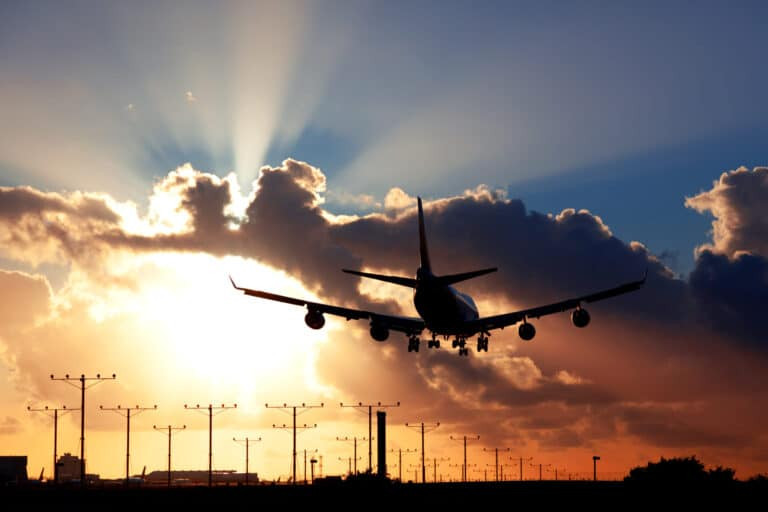Over the past 50 years, there have been a number of shifts in market demand for cargo charter flights across diverse sectors, including military and defence, oil and gas, and energy industries.
Certain sectors consistently rely on dedicated cargo charter services due to the unique nature and urgency of the transported commodities, as well as the often remote locations involved and the risk of a challenging environment.
“Globally, it is essential and absolutely critical to have a wide range of cargo transport services available to our client base to ensure that we can respond and react to any situation or any cargo transport requirement presented to our cargo team,” Jack Burt, Senior Vice President of Cargo for the Americas at Chapman Freeborn, said.
READ: Chapman Freeborn celebrates successful 2023
Adaptability in the airfreight industry
Flexibility stands as a cornerstone of the Chapman Freeborn business model, affirming its capability to handle any size cargo transport request, anytime, anywhere.
“For example, the Covid-19 pandemic and the resultant disruption in global supply chains created a situation of unprecedented demand for cargo charter service around the world,” Burt explained.
“Chapman Freeborn was there, and responded accordingly by operating and executing hundreds of urgent cargo charter flights to facilitate this demand. One of the positive results of this situation was the elevation and recognition of the dedicated air cargo charter product as a practical and efficient solution to any supply chain disruption.”
More recently, the heightened instability in the Middle East has led to a surge in demand for dedicated cargo charter flights, specifically for the transportation of crucial humanitarian supplies, military equipment, and other essential items required in the region.
“Chapman Freeborn has responded and has successfully completed dozens of cargo charter flights utilising a wide selection of aircraft types including the Boeing 747-400F, Boeing 767-300F, A300F and IL-76 cargo aircraft,” Burt added. “Yes, there has been an increase in demand or transport of essential items into the region such as humanitarian supplies military equipment, vehicles, etc.”
READ: Chapman Freeborn sets carrier record
Moving market
The charter sector has performed quite well despite the downward trend and limited demand influencing the airfreight industry This is due to the resilience of a few specific market sectors that utilise cargo charter services on a consistent basis and global events such as the Russian invasion of Ukraine and the recent Gaza conflict.
“We expect the global charter market to grow slightly this year, despite the tepid expectations in the general airfreight industry due to core market segments in the charter business such as: Automotive, Military & Defense, Oil & Gas and Aerospace industries,” Burt outlined.
The recovery of the passenger transportation market has recently put pressure on all-cargo aircraft operators worldwide. As demand for passenger transport has recovered post-Covid-19, the increased cargo capacity from belly space on passenger aircraft has increased competition and continues put downward pressure on air cargo transport prices worldwide.
“It is nice to see traditional airlines adopting the all cargo freighter operations business model,” he continued. “This will allow for a larger pool and selection of aircraft for our client base which should allow for more competitive pricing and flexibility of charter flight scheduling.”
Airfreight rates reached an all time high during the Covid-19 and has since seen a significant adjustment and downward trend reaching a recent multi-year low point on many lanes.
“Despite this recent trend, we have seen consistent demand for dedicated cargo charter transport in certain market sectors,” Burt stated. “Yes some trade lanes are more robust and are supporting higher prices for air cargo transport, however we have seen significantly low demand and consequently low prices on some major lanes such as the transatlantic eastbound lane at certain times over past 12 months.”




